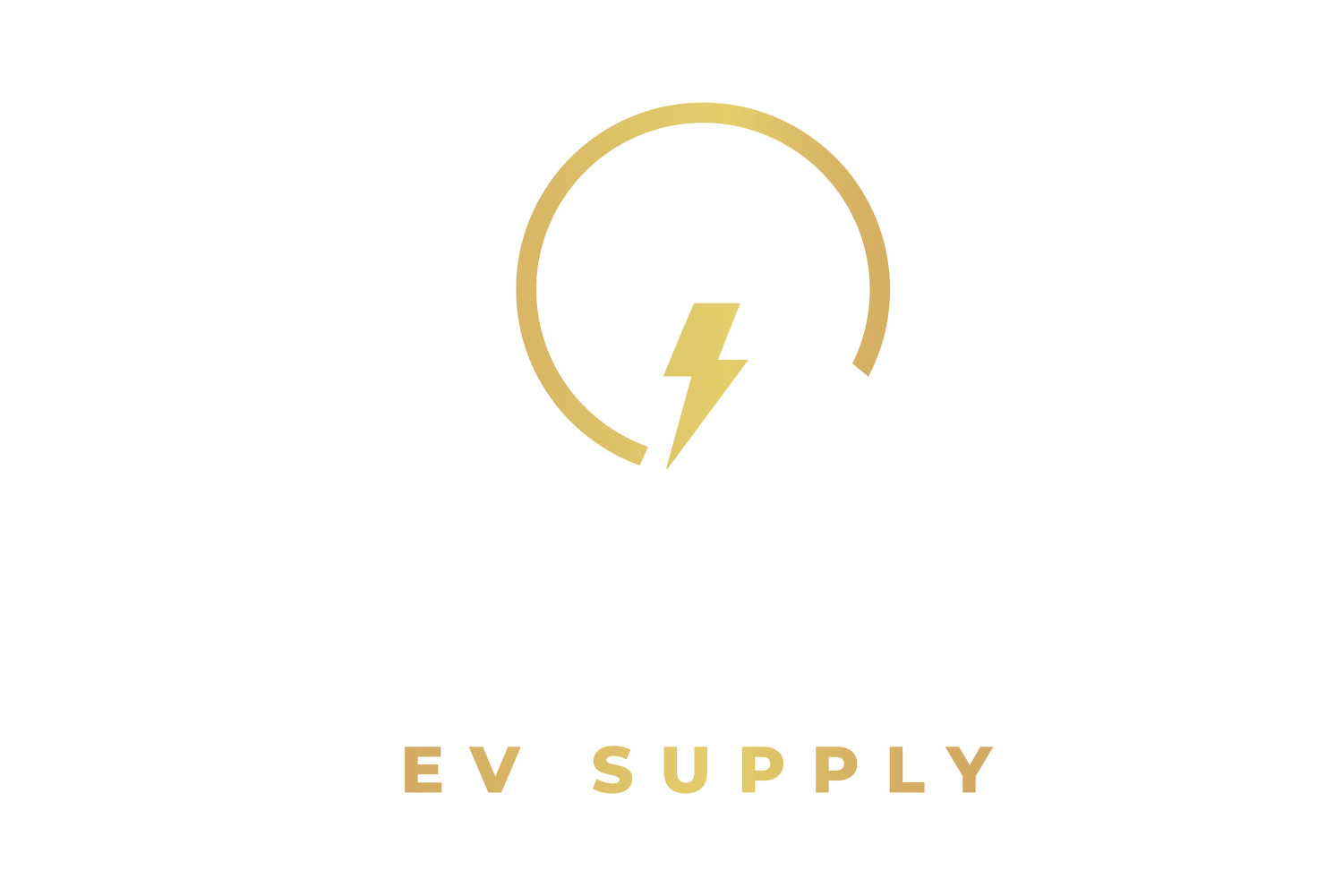Home Charging - Frequently Asked Questions
How do I choose the appropriate charger for my electric vehicle (EV) at home?
When making a decision about a home EV charger, several factors come into play to ensure an optimal charging experience:
Battery Size and Charging Speed: Consider your EV's battery size and your daily charging requirements. You can find this information on your battery itself or the manufacturer's website. Determine how quickly you need to charge your vehicle each day.
Selecting the Charger Power: Based on your charging needs, choose a charger with the suitable power rating, measured in amps. Charging speed is directly linked to the power of the charger.
Home Power Capacity: Ensure your home's electrical system can provide the necessary power for the chosen charger. Upgrading your electrical system may be required if the charger's power demands exceed your current setup.
Rest assured, most charging setups have safeguards to prevent errors. If the charger physically fits your car, it will work without causing harm. EV battery designs include mechanisms that restrict incoming power to a level the battery can handle safely.
If you need help in selecting the right charger for your EV, consider taking our product quiz. Our team is here to assist you in making an informed decision.
How much does it cost to install a Home EV Charger?
The expense associated with setting up a home EV charger is influenced by variables like wiring distance, panel replacement, and intricacy. There exist three categories of installations:
Basic: Involves straightforward arrangements with minimal wiring. No on-site assessment required.
Standard: Longer wiring runs, costing $2,000 - $4,000.
Exceptional: Pertains to vintage homes with obsolete wiring, which can incur charges up to $7,000.
Can I finance my home EV charger installation through my car loan when purchasing an EV?
Yes, we offer a convenient financing option. Through our collaboration with dealerships, we've introduced a fixed price of $2,500 to be added to your auto loan. This amount is then directly credited toward the installation of your home EV charger. If the actual installation cost is lower than $2,500, you'll receive a rebate for the difference. This streamlines the process and helps you ensure a smooth transition to electric vehicle ownership while efficiently managing the installation expenses.
Please feel free to reach out if you have any further questions or need assistance with this financing option.
How can I select the best location for my home EV charger?
To fully enhance your EV ownership experience, it's important to choose the most convenient location for your home EV charging station. Here are key considerations to ensure a hassle-free charging setup:
Convenience and Accessibility: Strive for a setup as convenient as refueling at a gas pump. Select a spot where charging your EV is as simple as pulling up. Consider the proximity of the charger to your EV and leave some space for maneuvering.
Proximity to Electrical Panel: The distance between your charger and your home's electrical panel impacts installation costs. Think about the ideal location that minimizes wiring distance. If cost is a concern, parking your car closer to the electrical panel, like backing into the garage, could be a solution.
Future-Proofing for Multiple EVs: If you plan to own more than one EV, evaluate if the chosen location can accommodate both vehicles. This will help you avoid the need for an additional installation in the future.
Safety Considerations: Ensure the charging cord doesn't pose a tripping hazard for you and your family. Using cable protectors can prevent cable exposure and potential damage. Regularly checking cables and the charging system ensures ongoing safety.
By keeping these factors in mind, you can make an informed decision about the optimal location for your home EV charger. If you have further questions or need assistance, don't hesitate to reach out. We're here to help you make the right choice for your EV charging setup.
Are all home EV chargers universally compatible?
Yes, in general, home EV chargers are designed to be compatible with most electric vehicles (EVs). However, there are some considerations to note, especially for Tesla owners.
For Tesla Owners: Tesla vehicles can utilize a special adapter that enables charging with a universal J1772 charger.
For Non-Tesla Owners: Most non-Tesla EVs come equipped with a J1772 charging port, which is compatible with Level 1 and Level 2 charging.
Smart Charger Considerations: Some EV owners may want a smart charger with features like Wi-Fi and Bluetooth connectivity for customization, including optimal charging times. On the other hand, some prefer non-connected charging stations due to their simplicity and easy installation.
With various charging options available, it's advisable to read customer reviews and consult with an electrical professional to determine the best charging unit for your specific needs. This ensures you make an informed decision tailored to your EV charging requirements.
Should I consider replacing my electrical panel?
When contemplating an electrical panel upgrade, especially in relation to EV charger installation, there are several factors to consider:
Panel Type and Size: If your main electrical panel contains fuses or has dimensions less than 13.5" wide or 16" tall, an upgrade is worth considering. This becomes particularly important if you plan to install an EV charger or other high-demand electrical equipment.
Amperage Compatibility: In most cases, older panel types will require an amperage upgrade to accommodate the electrical demands of an EV charger. Notably, exceptions include "split bus" panels and older panels featuring a "main breaker" switch.
Modern Electrical Standards: Modern single-family homes are typically equipped with a 200amp utility feed and corresponding 200amp equipment. In contrast, older panel types usually have a 100amp - 150amp utility feed. This lower capacity may not be suitable for the power draw of EV chargers, which can often exceed 50 amps.
Future-Proofing: Upgrading to a 200amp system is a recommended electrical enhancement. It not only facilitates the installation of an EV charger but also prepares your home for potential future electrification needs.
At Current EV, we are partnered with certified and knowledgeable electricians who can assess your panel's suitability and help you determine the best course of action for your unique situation. This expert guidance ensures that your home's electrical system aligns with both your current and future requirements.

